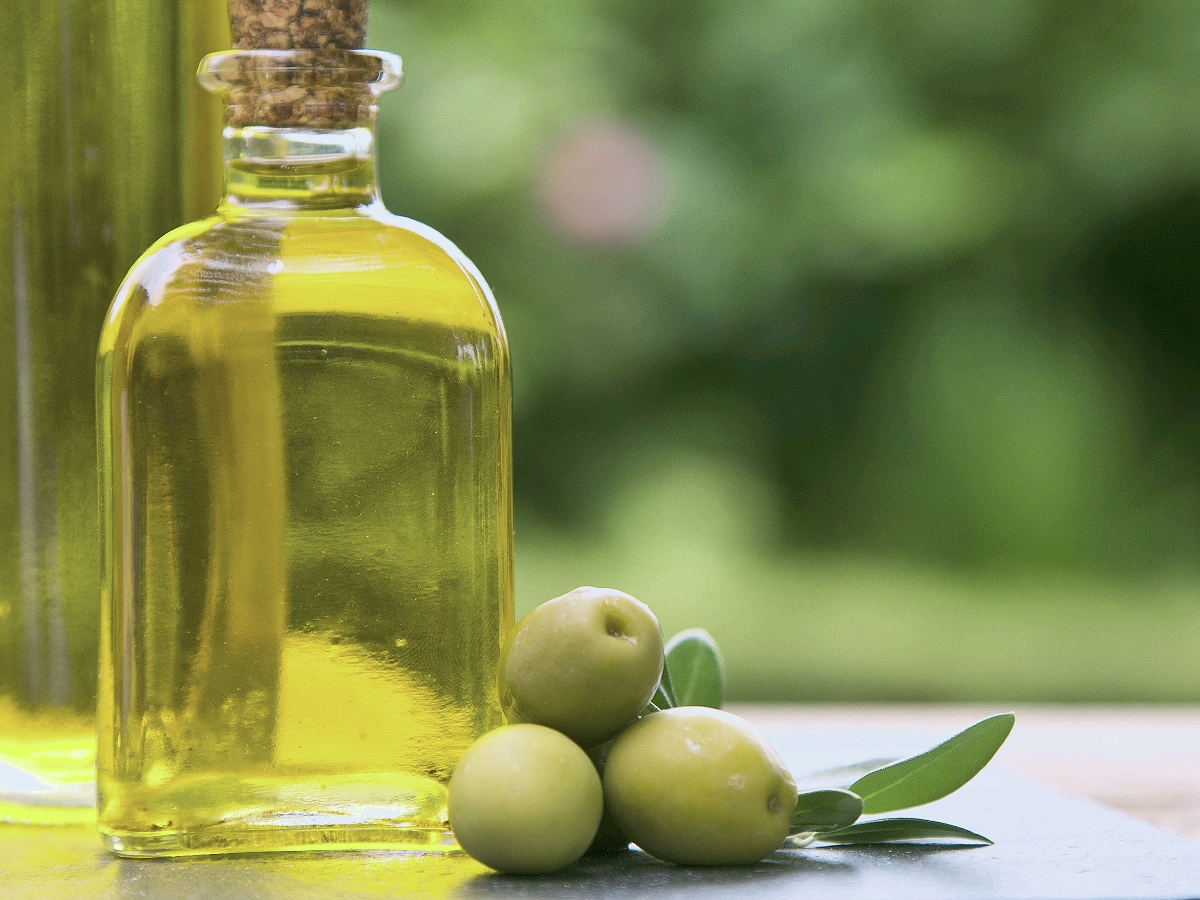Nutrition Facts of Olive Oil

In the world of culinary delights, olive oil takes centre stage as a versatile and beloved ingredient. But did you know that olive oil also boasts an impressive number of nutrition facts? From its heart-healthy properties to its abundance of antioxidants, this liquid gold offers more than just exquisite flavour. Today, we will dive deep into the nutrition facts of olive oil and uncover the secrets behind its remarkable health-promoting properties.
Heart-Healthy Fats
Olive oil is renowned for its abundance of monounsaturated fats, which play a crucial role in promoting heart health. These healthy fats help reduce LDL (bad) cholesterol levels while simultaneously increasing HDL (good) cholesterol levels, thus balancing cholesterol ratios. Incorporating olive oil into your diet can, therefore, lower the risk of heart disease and improve overall cardiovascular health.
Powerful Antioxidants
Olive oil is often celebrated for its high content of powerful antioxidants that combat oxidative stress and support overall well-being. One such antioxidant is vitamin E, which protects our cells from damaging free radicals. Additionally, olive oil contains phenolic compounds like oleuropein and hydroxytyrosol that have potent anti-inflammatory and anti-cancer properties, bolstering the body’s defence against diseases.
Nutrient Density
Beyond its fats and antioxidants, olive oil offers an impressive nutritional profile. It is rich in vitamin K, which is essential for blood clotting and bone health. Olive oil also provides small amounts of vitamin E, vitamin A, and various beneficial plant compounds like chlorophyll. Incorporating olive oil into your meals can add a nutrient boost while enhancing their flavour.
Weight Management
Contrary to popular belief, olive oil can actually aid in weight management. Its monounsaturated fats provide satiety and keep you feeling fuller for longer, reducing the urge to indulge in unhealthy snacks. Additionally, these healthy fats help kickstart the fat-burning process in the body, making it easier to maintain a healthy weight when consumed as part of a balanced diet.
Cooking with Olive Oil
When it comes to cooking, olive oil offers both versatility and stability. Its high smoke point makes it suitable for a variety of cooking methods, including sautéing, roasting, and baking. However, to preserve its nutritional benefits, it’s best to avoid overheating olive oil or using it for deep frying. Opt for extra virgin olive oil, which undergoes minimal processing, ensuring maximum nutritional value and taste.
Olive oil truly shines not only as a culinary superstar but also as a nutritional powerhouse. Its heart-healthy fats, potent antioxidants, and impressive nutrient content make it an invaluable addition to a healthy and wholesome diet. So, reach for that bottle of golden goodness and savour the remarkable benefits that olive oil brings to your overall well-being.
